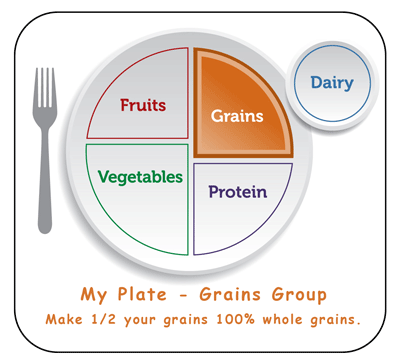Understanding the Importance Of Dietary Fiber

Fiber is part of the plant food that our body does not digest. You can find dietary fiber in the following plant foods: fresh fruits, vegetables, beans, lentils, seeds, nuts and whole wheat grains. There are two types of fiber: soluble and insoluble. Both are important for a healthy diet.
-
Soluble fiber acts like a sponge. It absorbs water in the intestines and forms a gluey gel that picks up cholesterol and carries it out of the body.

-
Insoluble fiber acts like a broom because it doesn’t dissolve in water. It adds bulk and softness to the stools and keeps them moving along comfortably preventing constipation.
Fiber has mounting research that shows we need to have fiber in our diet every day to fight off disease and promote overall well-being. Eating high fiber foods is a healthy habit for kids to form at a young age that will benefit throughout their lives.
Fiber has the following health benefits:

-
It keeps your child’s intestines working comfortably.
-
It protects against constipation when combined with enough water.
-
It fills up your child’s tummy so they will be satisfied and not overeat.
-
It reduces the risk of many diseases including diabetes and certain cancers.
-
It reduces the risk of heart disease by lowering LDL cholesterol (bad cholesterol).
-
It is also helpful for diabetics, helping manage blood sugar and cholesterol levels.
Food high in fiber can found in a variety of foods like beans, vegetables and fruits. Foods made from 100% whole grains are an excellent source of fiber. Read more about the grains group.

Healthy Eating

Healthy Child

Written by Maggie LaBarbera
•
Written on Feb 12, 2012
•
Last updated on Oct 16, 2013





0 Comments